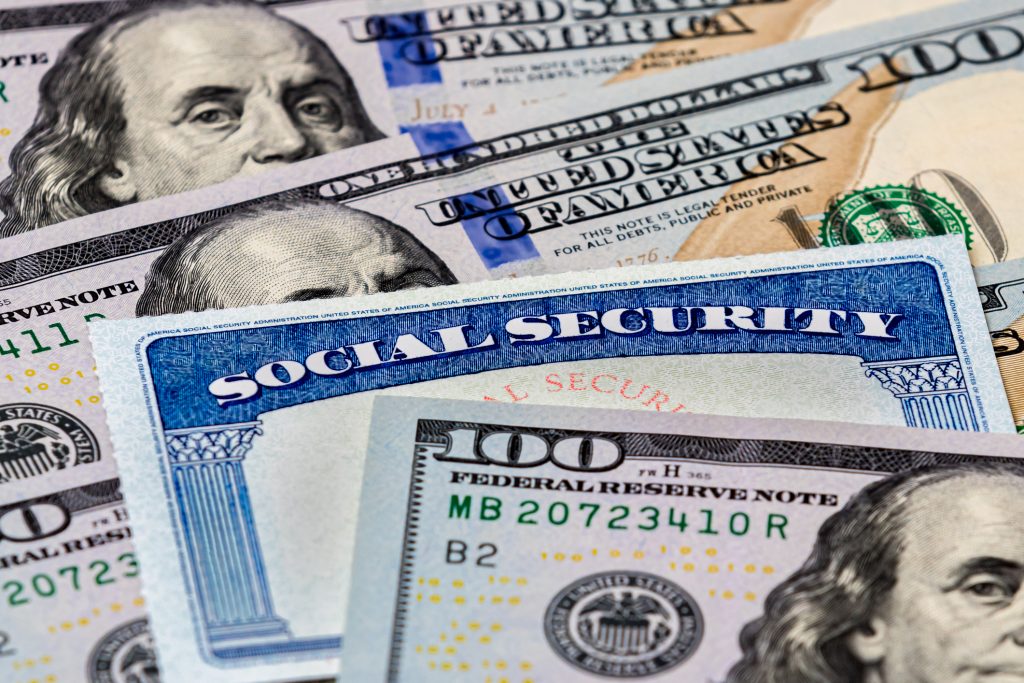
Image source: Getty Images
A high-yield savings account should be a good place to keep some of your money. High-yield accounts usually pay well above the national average interest rate and are a way better option than standard savings accounts that are currently paying an average of 0.45%, according to the FDIC.
In some cases, though, you could actually end up losing money with your high-yield savings account. Here are three situations when that could happen to you.
1. Invest more than the FDIC-insured limit
One of the most dangerous risks you could take with a high-yield savings account is putting more money into it than the FDIC will protect.
The FDIC insures your deposit against bank failure so if your financial institution goes under, you won’t lose what you have in your account. However, there’s a limit on this coverage. You’re protected up to $250,000 per depositor, per FDIC-insured bank, for each account ownership category. That means if you have more than that amount, you risk uncompensated losses.
Banks can and do fail, even in this day and age. There’s no real reason to put your money on the line and gamble on everything being OK. If you have a large sum of money at stake, make sure your funds are spread between multiple FDIC-insured banks or accounts.
2. Get hit with penalties and fees
If you pay penalties and fees, you could also lose money. These charges could include monthly maintenance fees, inactivity fees, or fees associated with making too many withdrawals from a savings account over the course of the month.
The last thing you want is for money that should be growing to shrink because your bank is charging you unnecessary fees. To avoid this, check out our picks for the best high-yield savings accounts. You’ll find tons of fee-free options that pay well above the national average rate, offer FDIC insurance, and can help you grow richer instead of just making your bank’s balance statement bigger.
3. Lose out on higher returns elsewhere
Finally, you could lose money if you put too much in savings and forget to consider the opportunity cost.
The reality is that even high-yield savings accounts are typically going to offer a maximum return on investment of around 4.00% to 5.00%, and they’re often going to pay less than that depending on the economic climate. This is a lot less than you can earn if you put the money into a brokerage account and buy an S&P 500 index fund that’s consistently provided a 10% average rate of return over the long term.
If you have a long enough timeline that you can afford to take the risk of a temporary market downturn and wait out a recovery, your money should not be in savings. It should be invested instead.
Click here to explore great brokerage accounts with no minimum balance requirements that make investing easy and that don’t charge fees. If you open one, you can put any money that you won’t need for a few years into it and avoid losing out on all the extra returns you’d pass up by sticking the money in savings instead.
Now you know some of the common ways that savings accounts can cost you money, so you can avoid them and end up richer in the end.
Alert: highest cash back card we’ve seen now has 0% intro APR into 2026
This credit card is not just good – it’s so exceptional that our experts use it personally. It features a 0% intro APR for 15 months, a cash back rate of up to 5%, and all somehow for no annual fee!
Click here to read our full review for free and apply in just 2 minutes.
We’re firm believers in the Golden Rule, which is why editorial opinions are ours alone and have not been previously reviewed, approved, or endorsed by included advertisers.
Motley Fool Money does not cover all offers on the market. Editorial content from Motley Fool Money is separate from The Motley Fool editorial content and is created by a different analyst team.The Motley Fool has a disclosure policy.
 benzinga.com
benzinga.com fool.com
fool.com



